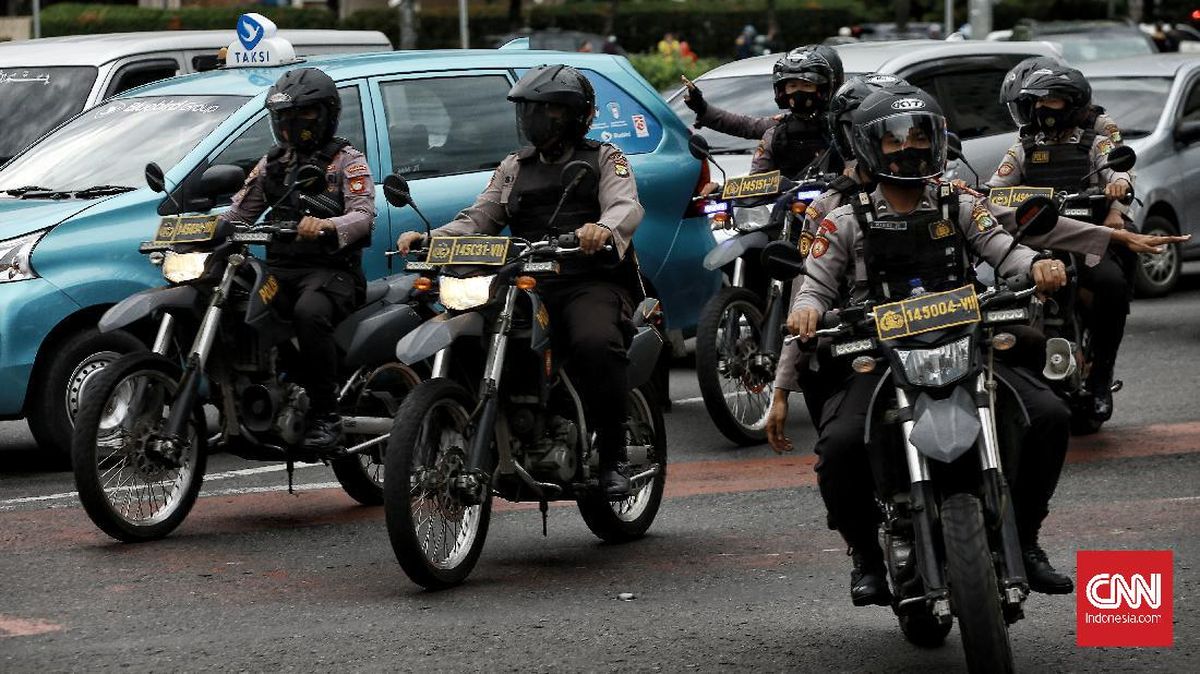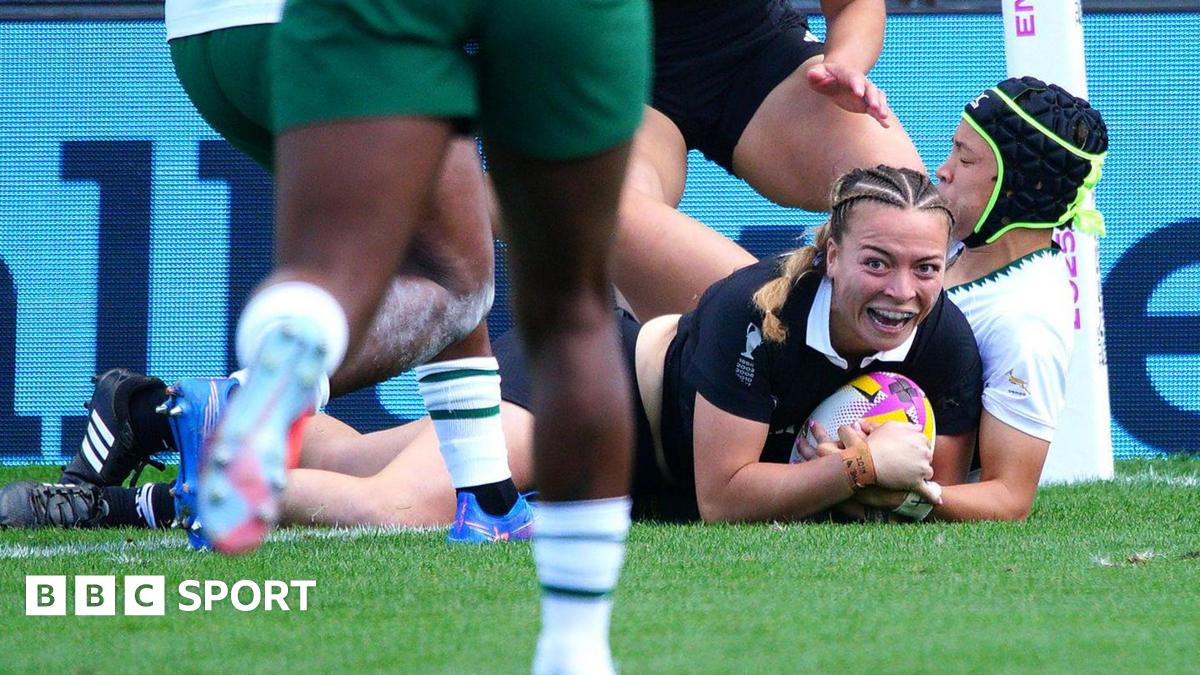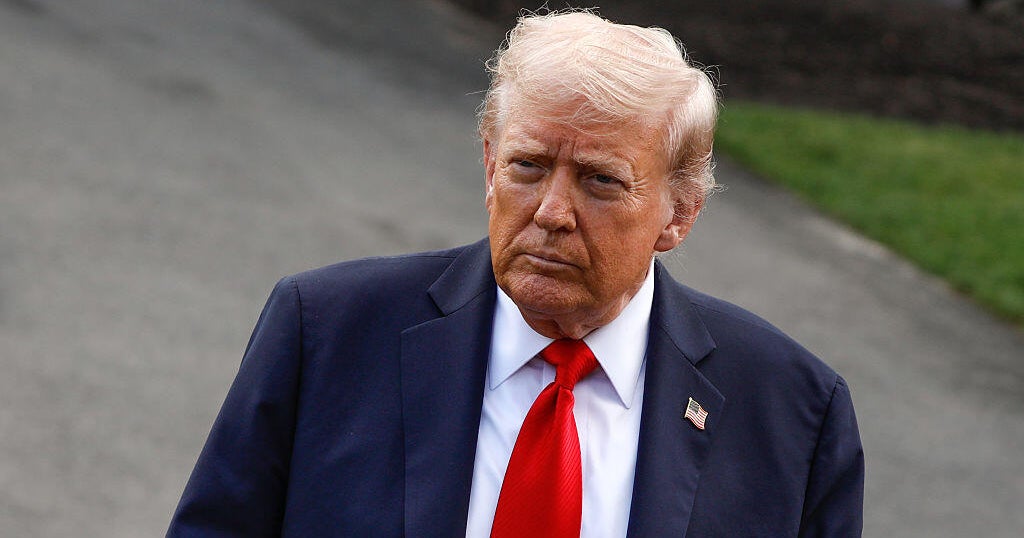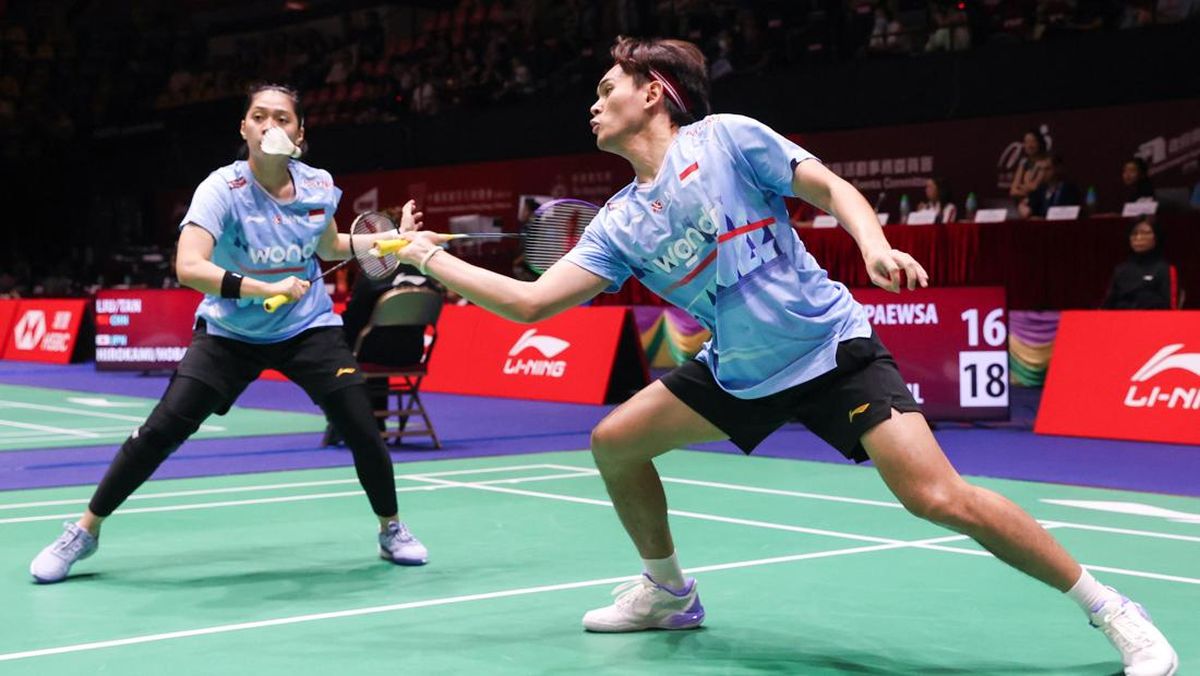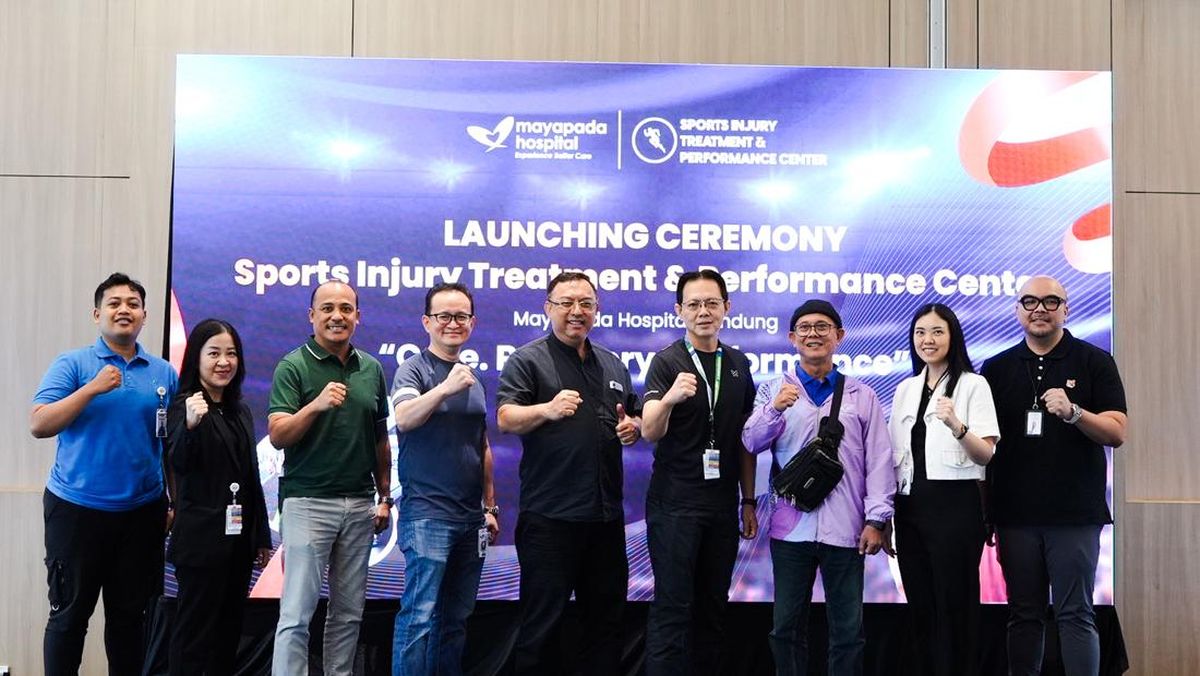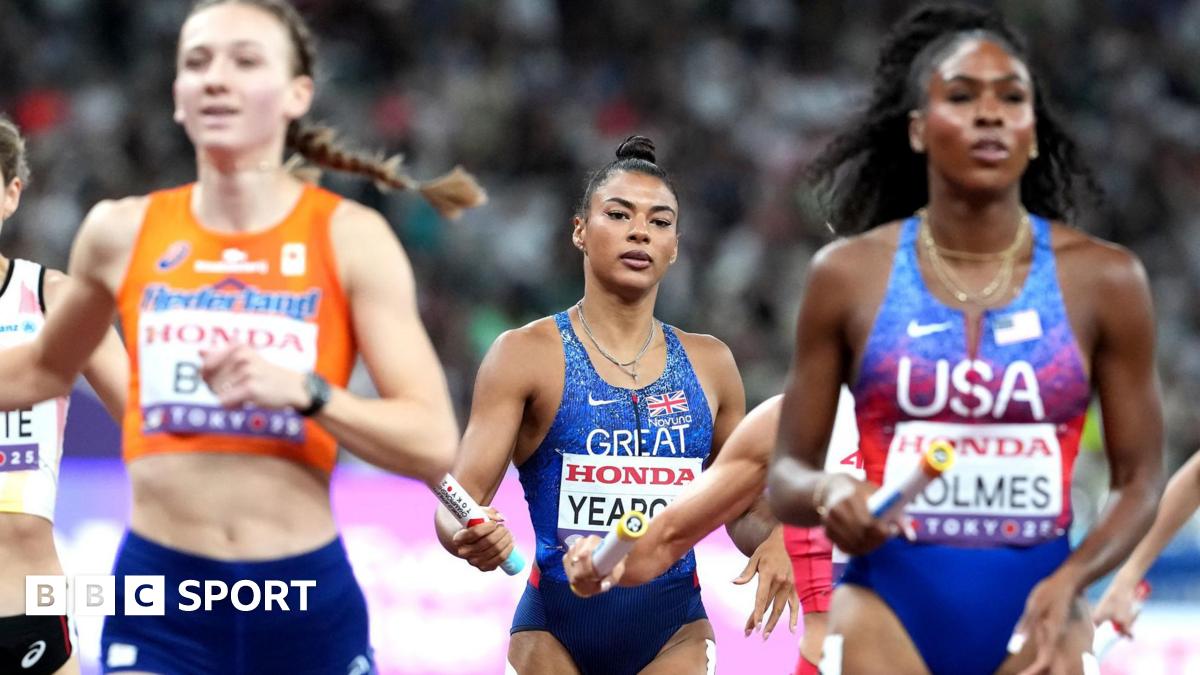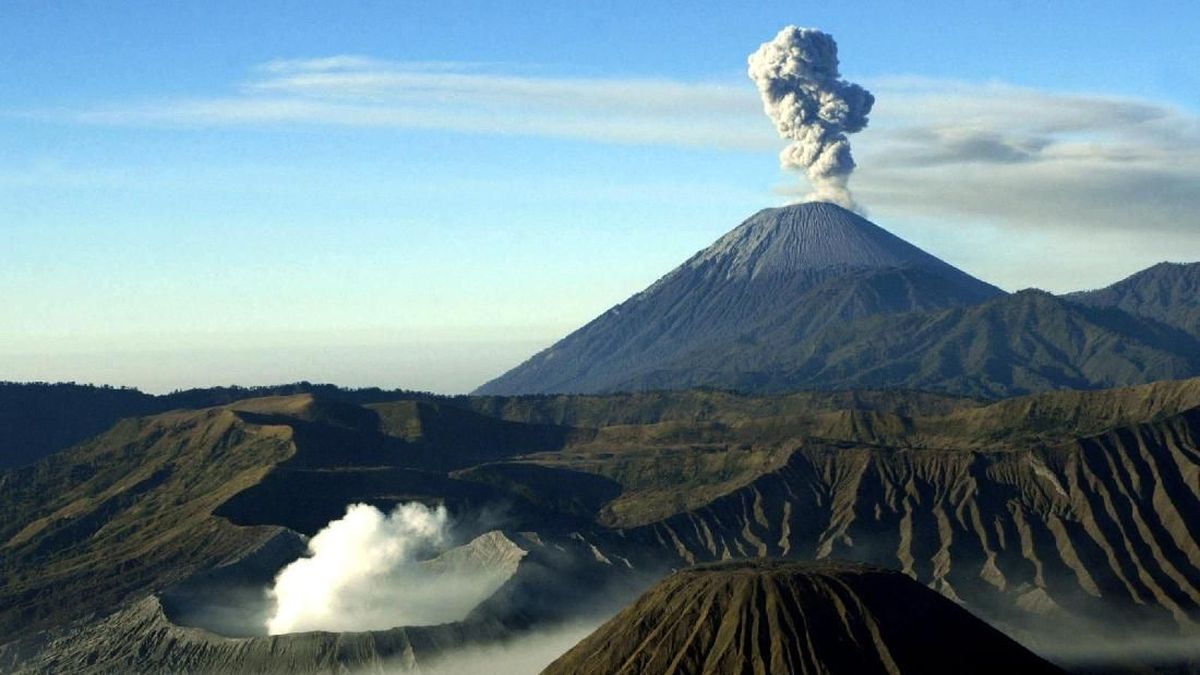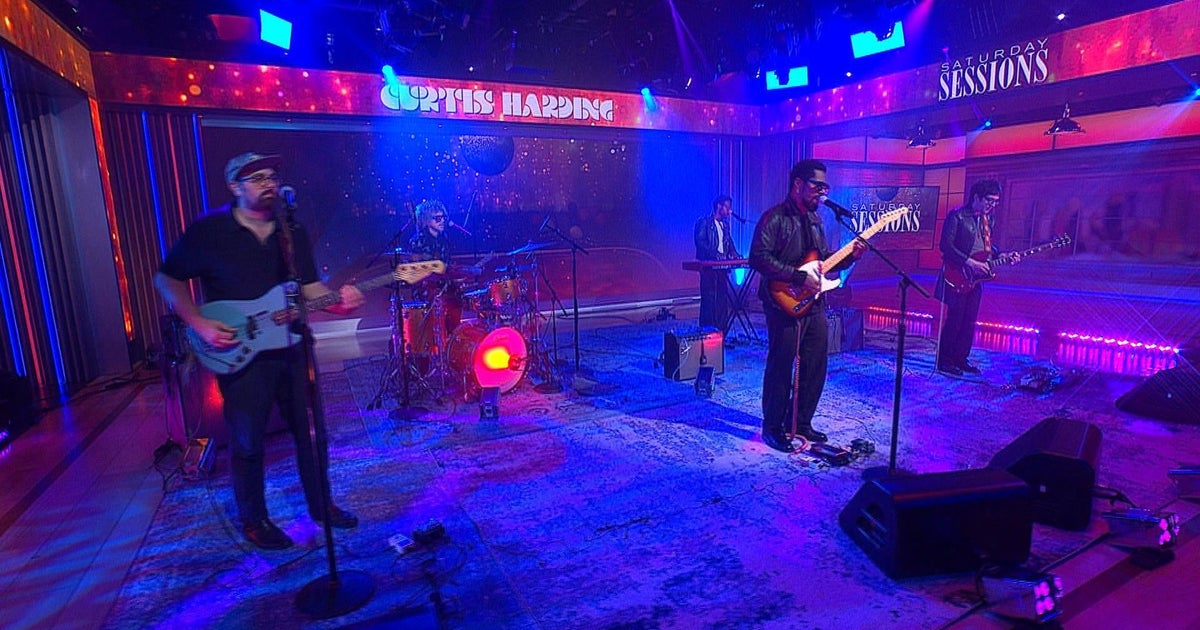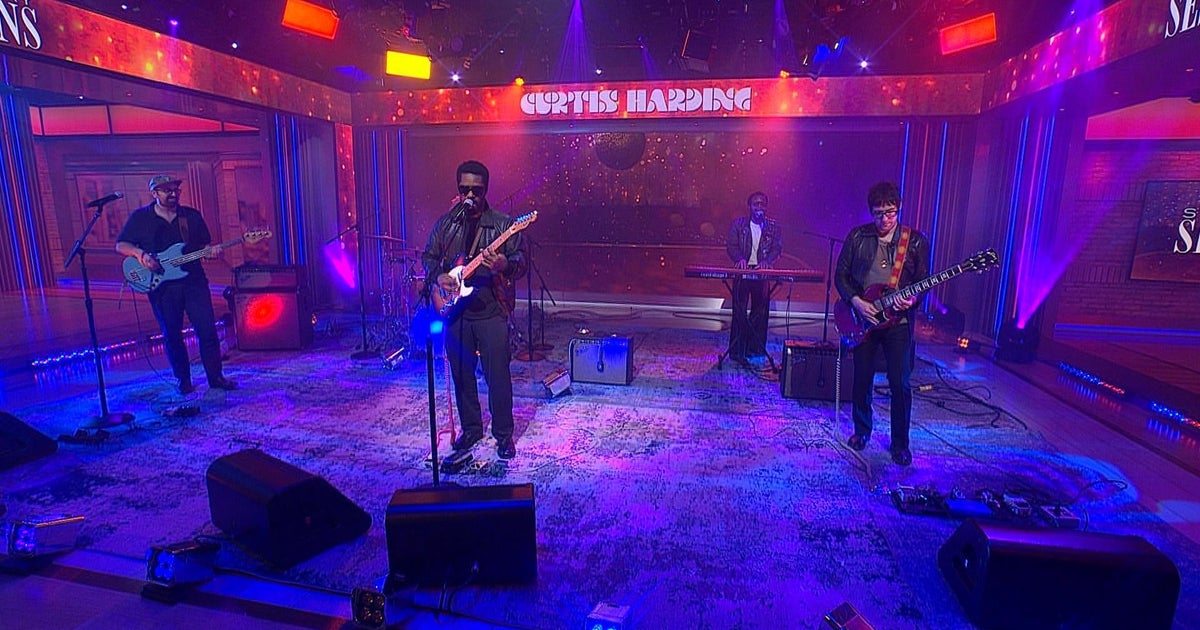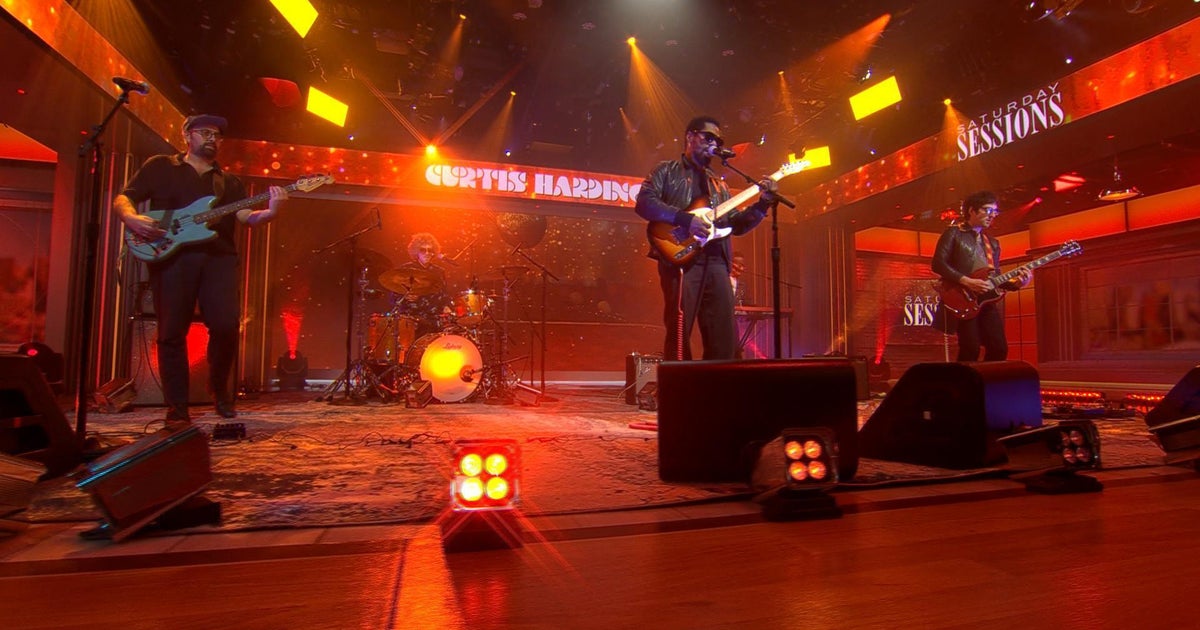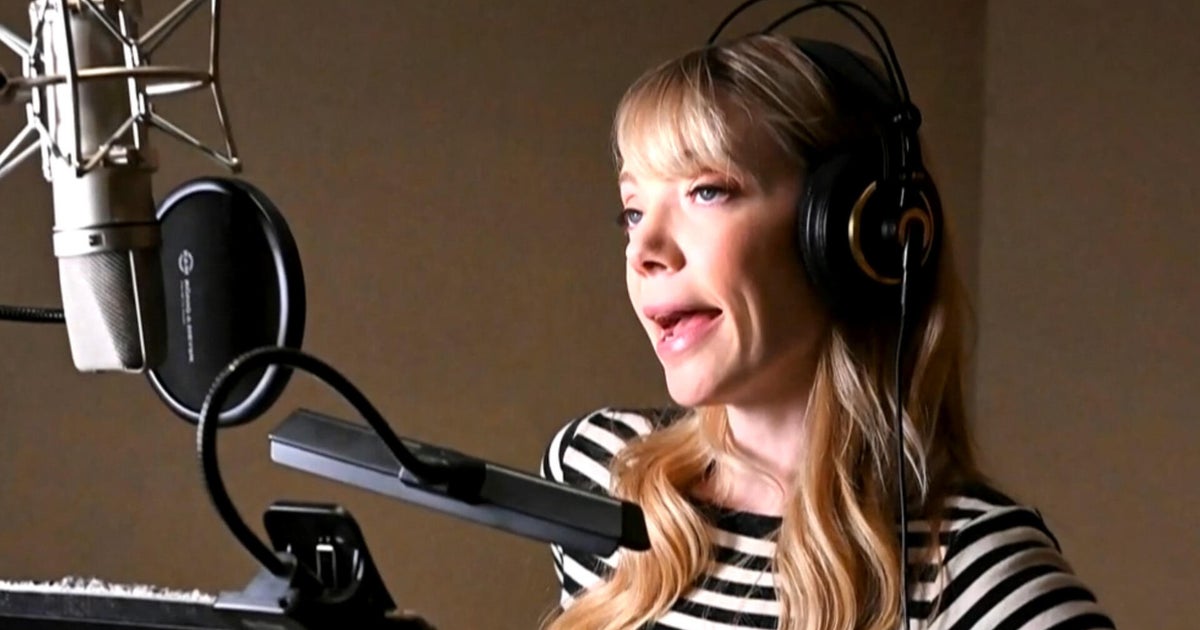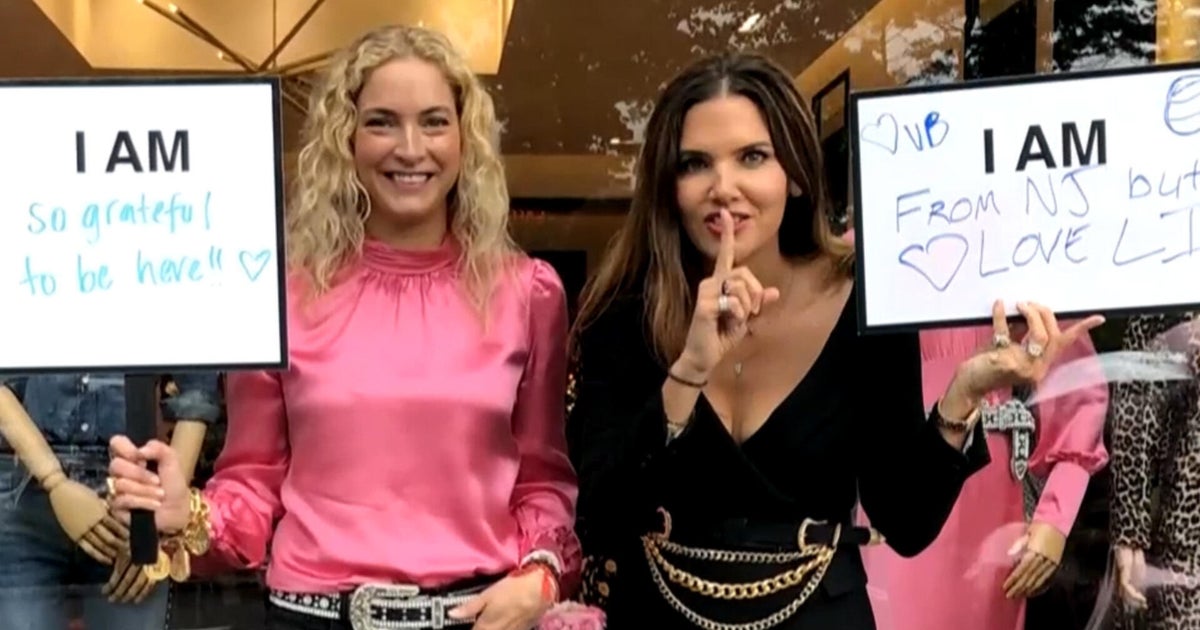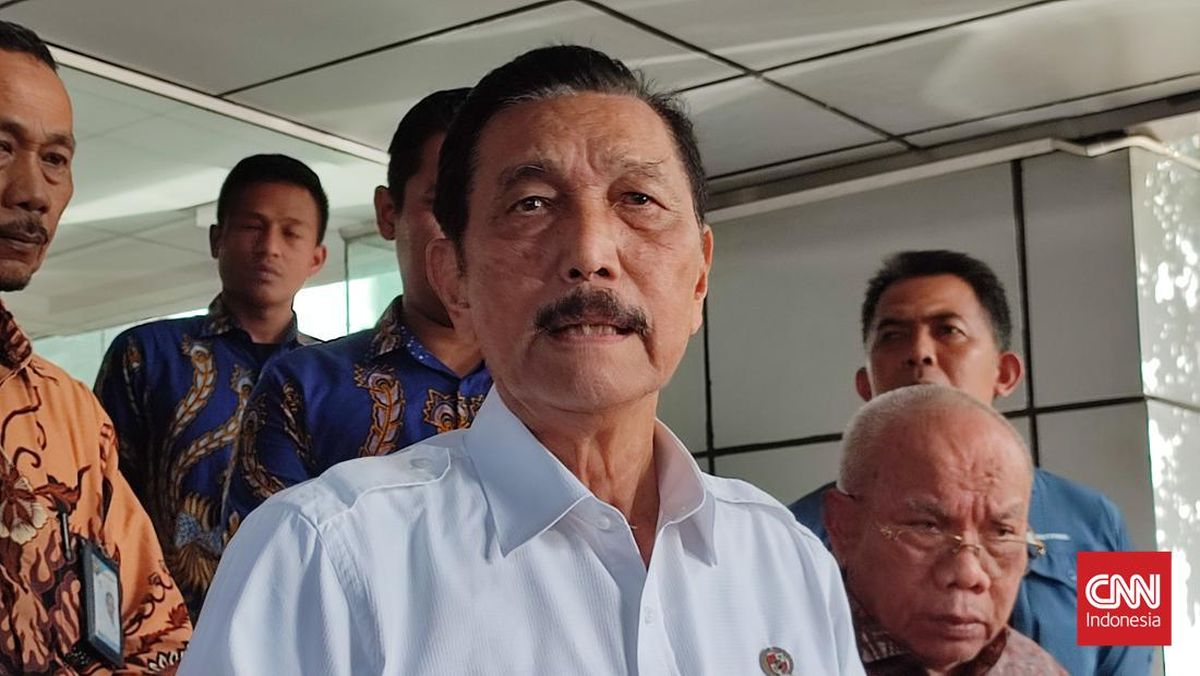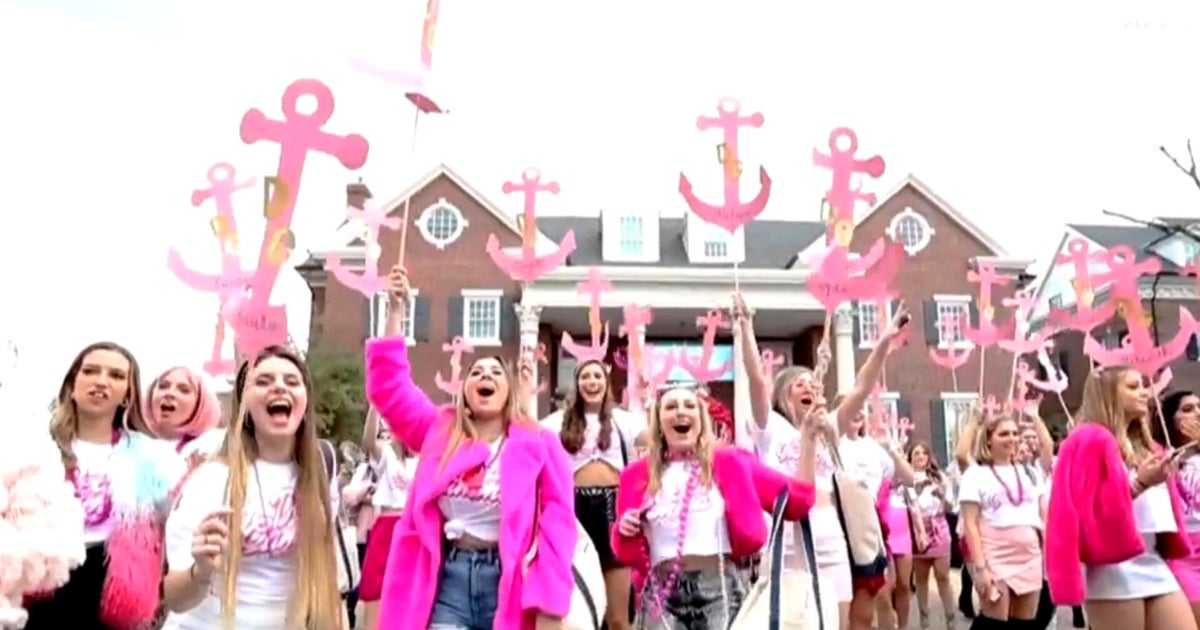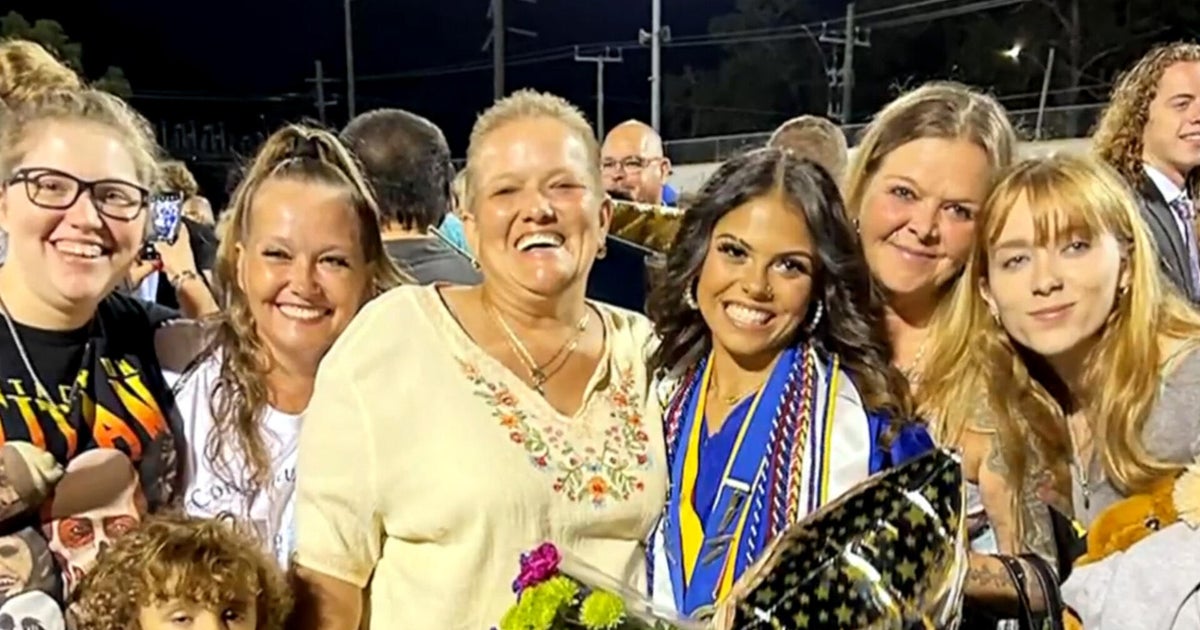![“He [Mao] said that for all his projects to take off, maybe half of China would have to die. That incredible evil was a great shock to me.”](https://static.ffx.io/images/%24zoom_0.183%2C%24multiply_0.7725%2C%24ratio_1.5%2C%24width_756%2C%24x_0%2C%24y_0/t_crop_custom/q_86%2Cf_auto/424c4c096f8957d7ec8e1aa3fbe45c3e9c6d8dd8)
“He [Mao] said that for all his projects to take off, maybe half of China would have to die. That incredible evil was a great shock to me.”Credit: Antonio Olmos/Guardian / eyevine/Headpress
Bestselling author Jung Chang, 73, grew up in China during the Cultural Revolution, where for a time she was a member of the Red Guards, until her parents suffered terrible persecution and Chang herself was sent to the countryside for thought reform. Chang settled in Britain in 1978 and went on to write a string of highly successful books, including Wild Swans, which covers the life of three generations of Chinese women – the stories of her grandmother, mother and herself – and has been published in 37 languages.
What prompted you to write Fly, Wild Swans – part two of your memoir Wild Swans, almost 35 years after its 1991 publication? Wild Swans ended in 1978, when I left China on a scholarship to study in Britain. That was a watershed moment for China; Deng Xiaoping had become supreme leader after Mao Zedong’s death in 1976, and he officially ended the Mao era and started reforms. Post-Mao China was very different from China under Mao.
This is another watershed moment: China’s current leaders worship Mao and want to drag China back to the Maoist days. Until recently, I have visited China every year to see my mother, so I have lived through these dramatic changes. I felt that it was time to bring Wild Swans and my mother’s and my lives up to date.
On a personal note, my mother is 94, is nearing the end of her life and is very sick, and since 2018 I have been unable to visit her, so I had an urge to write more about her.
Why have you been unable to visit her? In 2018, a new law issued by [Chinese leader] Xi Jinping came into force stating that any insult to the reputation of “heroes and martyrs” was a crime [“the 2018 law”]. The biography of Mao that I co-wrote with my husband, historian and writer Jon Halliday, Mao: The Unknown Story (2005), is highly critical of Mao, so I fall within that law. They might let me in – but not let me out.
All your books were and are banned in China. How does that feel? I feel very sad because I was born in China and grew up there until I was 26. I know many people in China would love to read my books. But I am not surprised, China being what it is. And many people have sacrificed much more than me; they are in prison for offending the regime. So I am not suffering the worst.
This book is a love letter to your mother, who has given you excellent advice over the years. What is the best piece of advice she has given you? In China, sexual desires were suppressed under Mao. So when I arrived in Britain aged 26, I was determined to experience sexual liberation. I fell in love with Frank, an Englishman, who was very nice but a dropout, without a proper job. I was considering abandoning my master’s degree in linguistics at York University to live with him in London.
It was like my mother had a sixth sense. She wrote to me telling me not to be a Nora, Henrik Ibsen’s character in A Doll’s House, who seemed to have everything but was unhappy because she didn’t have her own identity. I had grown up hearing about that story from my mother, a feminist. She was telling me to always put my independence first.
That was very important advice. I broke up with Frank and pursued my studies. In 1982 I became the first person from communist China to get a doctorate from a British university.
‘Chinese diplomacy has changed under Xi to “wolf warrior diplomacy” … in which the West is the enemy.’
Why did you want to write a biography of Mao, and what was the most shocking thing you discovered? I wanted to get inside his head and know what he was thinking when he did all those terrible things. In the West, he still commanded adulation from both the right [Henry Kissinger] and the left. I was not satisfied with the accepted wisdom – many things didn’t make sense.
Loading
The most shocking thing we [Jon and I] discovered was the cause of the Great Famine, from 1958 to 1961. The official cause given was bad weather – I thought it was just that Mao was bad at managing the economy. We discovered through our research that Mao deliberately starved his own people to death to export food to the Soviet bloc in exchange for the weapons he needed to turn China into a superpower. He knew those people were going to die [tens of millions did] but he didn’t care. He said that for all his projects to take off, maybe half of China would have to die. That incredible evil was a great shock to me.
What impact has Xi Jinping’s rise to power had on you personally? I have witnessed big changes in China since the 1990s. Deng wanted to revive the Chinese economy, and he and China needed the West, so China became more open. I could travel to China easily to see my mother and speak to people to research the Mao biography.
But Chinese diplomacy has changed under Xi to “wolf warrior diplomacy”: an aggressive and uncompromising policy, in which the West is the enemy. China is asserting its communism and returning to Maoism. They must have revoked their agreement with the UK government to allow me to visit, and since the 2018 law I haven’t been able to go back to see my mum.
What does Xi Jinping want? He wants to build China into a military superpower so he can dominate the world. Mao attempted world domination by starving his people, but he failed because China was poor then. Xi, who worships Mao, is confident that he will succeed because China is now rich and powerful.
Fly, Wild Swans (HarperCollins, $38) is out on September 16.
To read more from Good Weekend magazine, visit our page at The Sydney Morning Herald, The Age and Brisbane Times.


